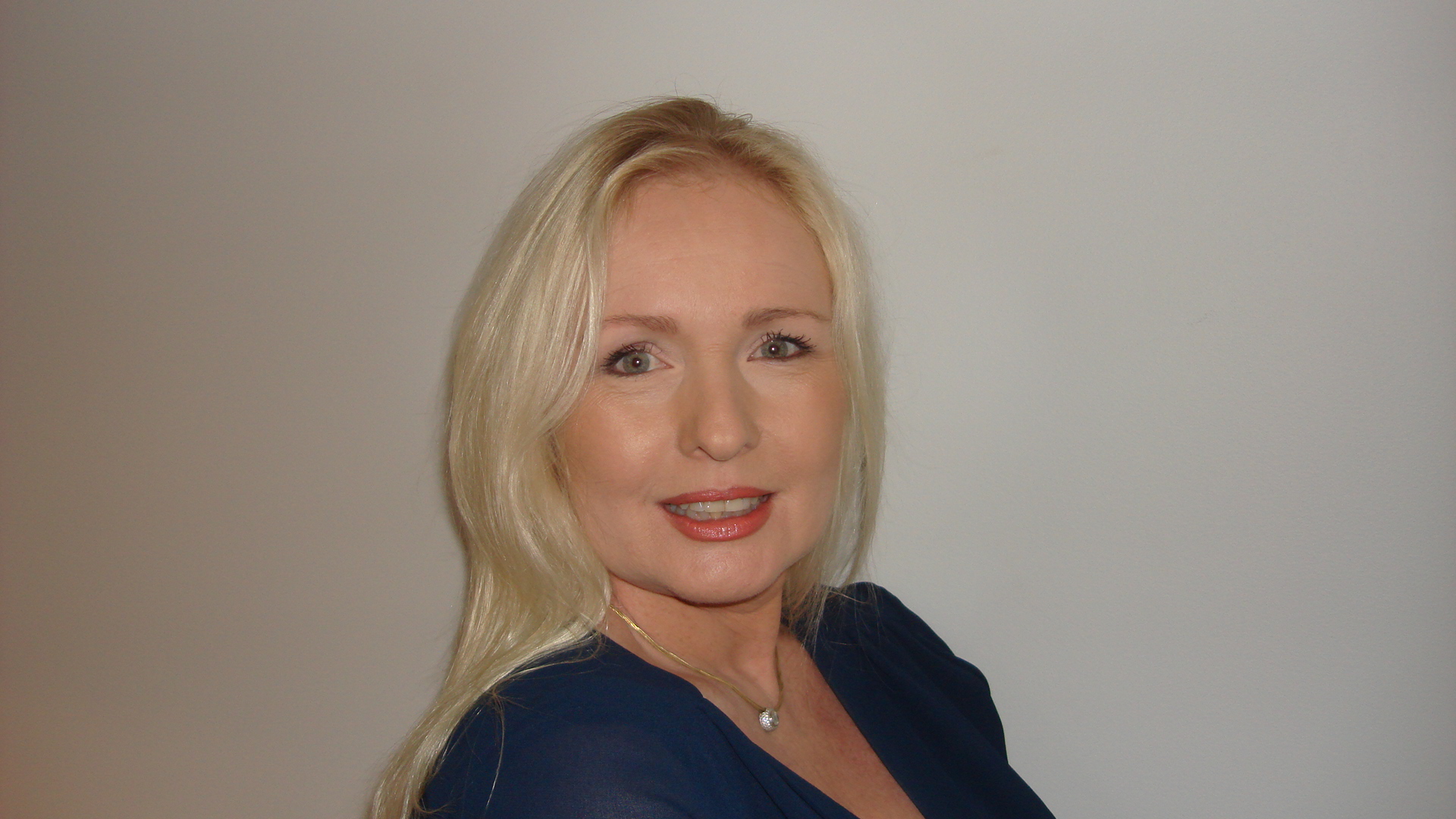THE AIR OF CHANGE
From local to offshore, Fiji to China, Bangladesh and Vietnam I have witnessed our fashion industry meander through a river of manufacturing options to feed NZ's thirst for faster delivery and better price margins. With the growth and now decline of wholesale intermediaries to the domination of the larger retailer producing direct with offshore suppliers and the expansion of their own product development teams fuel this fire.
I was lucky enough to grow up in my parent's fashion CMT, making high end garments for Jag, Elle Boutique, Thornton Hall, Peppertree, Fidgits, Chow Mein, Mr K, Vamp, Pumperdink and Rage to name a few.
In the early 80’s as the industry moved to service larger retailers with more bulk volume we manufactured price pointed garments alongside the premium brands working with Barkers, Fiorucci, Pumpkin Patch, The Warehouse Clothing, Fountain Apparel, Shanton etc. Our quality never faltered from one end of the market to the other and we took pride in our achievements of more than 25 years in manufacturing.
The highlight of my day was coming home from school to the factory.
I loved to design and sew from aged 7 and sewed every day for 30 years, mostly for pleasure!
I am fabric fanatic and still have a vast collection that one day I keep telling myself I will do something with.... But it is hard to find an excuse to cut it!
Entwined in my DNA, I was fascinated with the jigsaw of pattern making and the construction of garments. My view was always, how did that work, or what shape did I need to make to get that fit or drape? I was lucky to have an amazing teacher who knew the answers to everything it seemed and I was thirsty! My mother taught me to love and enjoy the art of creation.
The drive was so strong and grew into a desire to teach others my skills that were gifted to me through my family business. I developed training programmes & curriculums for garment construction, & patternmaking, teaching full time.
With a honed business head, this further developed into working with the fashion industry from many angles, from human resources to sitting on committees and advisory boards, guest lecturing in our universities on career pathways into the fashion industry and industry needs within the education sector, to promote the changing industry requirements being added to curriculum.
Take a look around and see the many overseas retailer that have set up shop in our malls and shopping precincts wanting a piece of the pie, it scares me to think that the development roles will not be located here in our future.
It is interesting to see and hear that in the last 3 years or so there has been a real push and drive with the underlying thinking of the up and coming next generation that sustainable and ethically produced fashion is where it is at.
Buzz words some may say but the tsunami is spreading throughout the industry on a global scale. Sustainable fashion, also called eco fashion, is a part of the growing design philosophy and trend of sustainability, the goal of which is to create a system which can be supported indefinitely in terms of human impact on the environment and social responsibility.
Companies such as Untouched World, Starfish, Icebreaker, chalkydigits & Miranda Brown have been championing this philosophy and rebelling against the fast fashion and disposable society.
Using blends of organic cotton, eco merino, and other sustainable fabrics. Green designers are working hard to change all of that by supporting local farmers and manufacturing.
Second to oil, fashion and textiles is the most polluting industry in the world.
There is a two-part solution to making the fashion industry more sustainable. Part one is what consumers can do. Part two is what the industry can do.
Unfortunately, the fashion industry’s business model is currently based on providing more and more clothes, faster and faster, for less and less money.
We need an industry where whether made in New Zealand or offshore that the environmental impact is assessed, fair wages are paid and that the processes support the local economies.
We can make a difference with a different point of view.
Julie Malone
Director
ApparelHR






